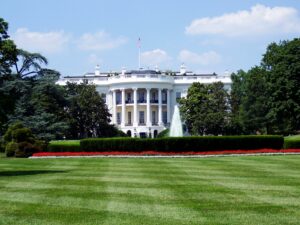On June 2, Yukio Hatoyama declared his intention to resign from his post as a prime minister. Japan’s diplomacy under Prime Minister Yukio Hatoyama had been at a serious deadlock and under continuous attacks. The biggest reason for this was the Okinawa US military base problem. Hatoyama repeatedly promised that he could “solve” this problem until the end of May 2010. His promise for the “solution” had included agreements between the US and Japanese governments, and also between the central and local governments where the bases are located. Hatoyama said that he would promise not just “a better solution”, but “the best solution” with which every party would be fully satisfied. With no doubt, he mistakenly set the hurdle too high without having had any credible ideas for the solution.
Summary
– CLOSE UP ON THE NEWS –
What was wrong with Hatoyama’s diplomacy? (Hosoya Yûichi)
An Assessment of DPJ’s Agricultural Policy (Ohno Tsunemasa)
– VIEW POINTS OF THE NEWS –
Terashima Jitsurô, “More commonsense in concept and structure: towards a rebuilding of the Japanese-American alliance», Sekai (translated by Guibourg Delamotte)
Yara Tomohino, “Why are the American bases concentrated on Okinawa?”, Sekai (translated by Guibourg Delamotte)
Aketagawa Tôru, “What is the agreement on the bases which is so often mentioned in the same breath as the security treaty?”, Sekai (translated by Guibourg Delamotte)
Maedomari Hiromori, “Is the term ‘sympathy budget’ accurate? For whom is it intended and what is it about?”, Sekai (translated by Guibourg Delamotte)




